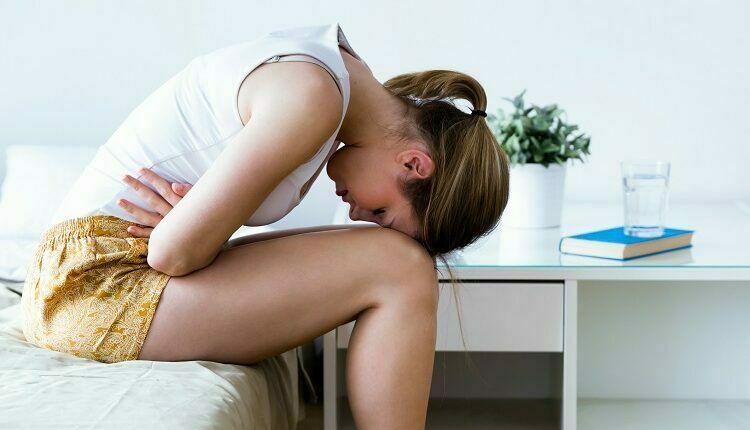What is an ideal menstruation period and what can you do to feel better
The Ideal Menstruation
A menstrual cycle is counted from the first day of period to the first day of the next period. Every woman has their own unique menstrual cycle. In general, a menstrual cycle lasts between 21 to 35 days. Menstrual flow usually lasts between 2 to 7 days. The normal estimated blood loss for each menstrual cycle is around 30 to 50 ml. For the first few years in puberty, the menstrual cycle may be irregular and it becomes more regular as a woman ages into adulthood. However, as a woman approaches menopause, the menstrual cycle may become irregular again and finally stop around between 48 to 55 years old. Symptoms of menstruation vary greatly from woman to woman. Most women experience minor symptoms starting from the few days before menstruation until the first few days of menstruating where the period flow is the heaviest. Normal symptoms of menstruation include:
- Breast tenderness
- Joint and muscle aches
- Headaches
- Lower abdominal cramps
- Lower back pain
- Tiredness and lack of energy
- Fluid retention and weight gain
- Acne
- Change in bowel habit
- Food cravings
- Insomnia
- Irritability and mood swings
What can you do to feel better?
Many women often felt tired and miserable during menstruation. However, menstrual symptoms are usually not severe enough to cause detrimental effects on your quality of life such as causing you to experience severe pain, struggle to carry out normal daily activities and miss work or school. If you experience symptoms that are affecting your daily life, please talk to a doctor as soon as possible.
For most women, menstrual symptoms cause relatively minor annoyance to their daily lives. Period cramps probably cause the most annoyance out of all the menstrual symptoms. Many analgesics such as ibuprofen, naproxen and mefenamic acid have been proven to reduce the severity of period cramps. Talk to a doctor or a pharmacist before taking these medications. For those who do not want medications, many alternative therapies such as aromatherapy may help to relieve period cramps. Contracting muscles in the uterus are the main culprits for period cramps. Over-the-counter heat pads and patches can help to relax contracting muscles in the uterus and thus reducing the pain.
Moderate intensity exercises can help to reduce tiredness, bloating and period cramps. These exercises also improve your mood and help you sleep better at night. For those who often experience fatigue during menstruation, taking quick naps for about 10 to 20 minutes in the middle of the day will help you to recharge and improve your productivity. Make sure the naps are not after 4 pm as it can make any existing sleeping problems worse.
Many women often indulge in food cravings when they are experiencing menstrual symptoms but the sudden change in diet may worsen menstrual symptoms. Therefore, maintaining your usual diet will help to keep you energized for the whole day. Some people also found that having small frequent meals instead of three large meals a day helps to keep their mood up and prevents irritability and fatigue that stems from hunger between meals. It is also very important for you to stay hydrated throughout the day. Dehydration will cause you to feel sluggish and it also reduces your concentration.
Finally, you must learn to accept menstruation as it is and live with it. They are but minor annoyances in life and they are not permanent. Remember that you have the ability to overcome these symptoms just by tweaking a few lifestyle habits, adopting a healthy diet, exercising frequently and maintaining a positive outlook in life. Read about menstruation answers by DoctorOnCall to know more about problems in menstruation. Stay happy and healthy always!

